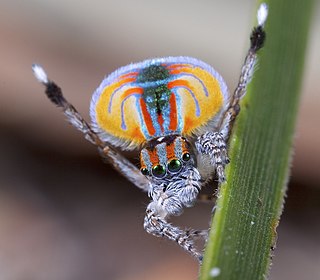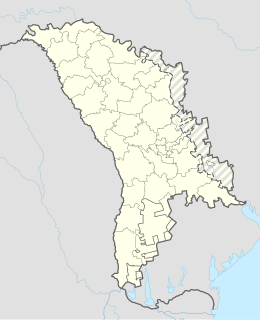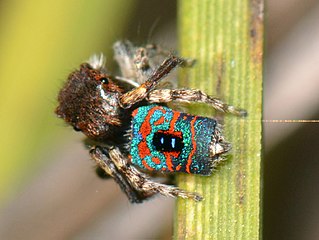
Spider-Man is a fictional superhero created by writer-editor Stan Lee and writer-artist Steve Ditko. He first appeared in the anthology comic book Amazing Fantasy #15 in the Silver Age of Comic Books. He appears in American comic books published by Marvel Comics, as well as in a number of movies, television shows, and video game adaptations set in the Marvel Universe. In the stories, Spider-Man is the alias of Peter Parker, an orphan raised by his Aunt May and Uncle Ben in New York City after his parents Richard and Mary Parker died in a plane crash. Lee and Ditko had the character deal with the struggles of adolescence and financial issues, and accompanied him with many supporting characters, such as J. Jonah Jameson, Harry Osborn, Max Modell, romantic interests Gwen Stacy and Mary Jane Watson, and foes such as Doctor Octopus, the Green Goblin and Venom. His origin story has him acquiring spider-related abilities after a bite from a radioactive spider; these include clinging to surfaces, superhuman strength and agility, and detecting danger with his "spider-sense." He then builds wrist-mounted "web-shooter" devices that shoot artificial spider-webbing of his own design.

Anasaitis is a genus of jumping spiders that was first described by E. B. Bryant in 1950. The name is derived from the salticid genus Saitis.

Maratus is a spider genus of the family Salticidae. These spiders are commonly referred to as peacock spiders due to the males' colorful and usually iridescent patterns on the upper surface of the abdomen often enhanced with lateral flaps or bristles, which they display during courtship. Females lack these bright colors, being cryptic in appearance. In at least one species, Maratus vespertilio, the expansion of the flaps also occurs during ritualised contests between males. The male display and courtship dance are complex, involving visual and vibratory signals.
Parasaitis is a monotypic genus of jumping spiders containing the single species, Parasaitis femoralis. It was first described by E. B. Bryant in 1950, and is only found on the Greater Antilles. The name is a combination of the Ancient Greek "para" (παρά), meaning "alongside", and the salticid genus Saitis.

Saitis is a genus of jumping spiders that was first described by Eugène Louis Simon in 1876. The Australian species may belong to other genera, such as Maratus.
Saitissus is a monotypic genus of Papuan jumping spiders containing the single species, Saitissus squamosus. It was first described by Carl Friedrich Roewer in 1938, and is found only in Papua New Guinea. The genus name is derived from the similar genus Saitis. The species name is Latin for "scaly".

Saitis barbipes is a common jumping spider found in the Mediterranean region.

Euophryini is a tribe of jumping spiders. It has also been treated as the subfamily Euophryinae.

Săiți is a village in Căușeni District, Moldova.
Saitis annae is a species of jumping spider in the family Salticidae.

Peckhamia is a peer-reviewed, open-access, scientific journal covering research on jumping spiders. It is published by the Peckham Society, an international organization of naturalists and scientists with an interest in jumping spiders, named in honor of George and Elizabeth Peckham. The journal was established in 1977 and its current editor-in-chief is David E. Hill.
Ctenus kandyensis is a species of spiders of the genus Ctenus. It is endemic to Sri Lanka.
Saitis chaperi is a species of spider of the genus Saitis. It is native to India and Sri Lanka.
Kasautu Saiti Michelo is a Zambian politician. He currently serves as Member of the National Assembly for Bweengwa.
Iberattus is a genus of jumping spiders containing the single species, Iberattus semiglabratus. It was first described by Jerzy Prószyński in 2018, and has only been found in Portugal, Spain, and France. Prószyński separated Iberattus from Euophrys. The justification for doing so has been questioned, since it was based on the examination of a mixed collection of specimens where it was not clear whether the males and females belonged to the same species. Nevertheless, the genus is accepted by the World Spider Catalog as of August 2020.

Maratus pavonis is a species of jumping spider (Salticidae), endemic to Australia, where it is found in Western Australia, New South Wales, Victoria and Tasmania. The species epithet, pavonis, derives from the Latin, pavo, pavonis, meaning "peacock".

Maratus mungaich, the banksia peacock spider, is a species of jumping spider in the family Salticidae. It is endemic to Western Australia.

Saitis mutans is a species of spider in the genus Saitis. It is endemic to Australia.
Saitis insectus is a species of spider in the genus Saitis and the family, Salticidae. It is found in central Australia.










